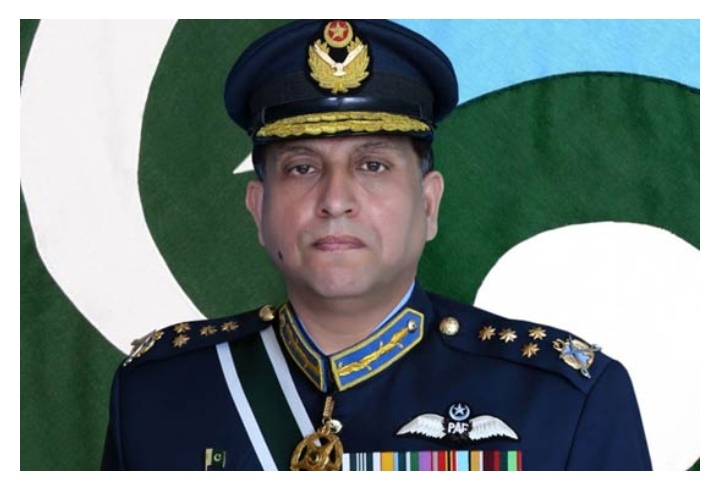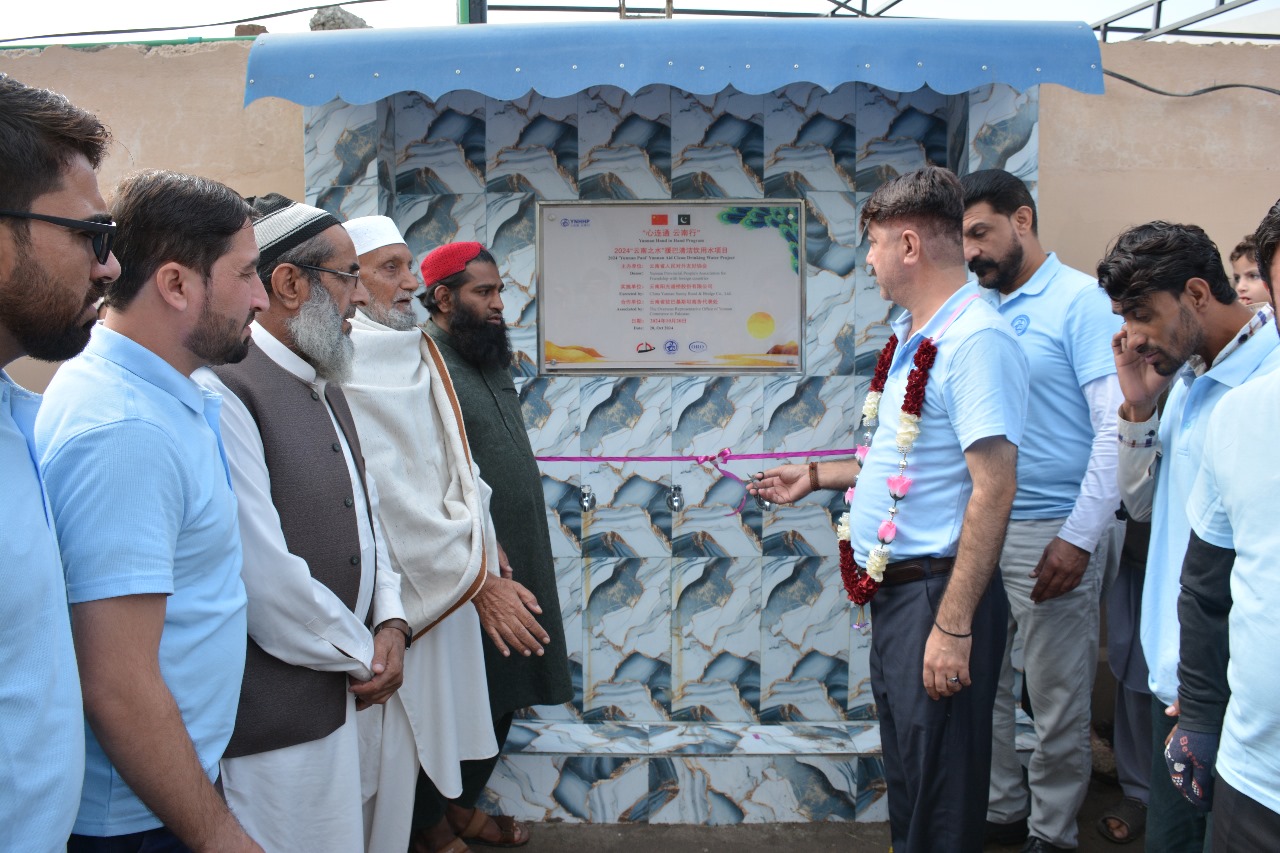Kashmir and Gaza: A Call for Realization and Responsibility
Assiya Tahir
Allah has granted us the power of thought – a gift that allows us to distinguish right from wrong and reflect upon the world around us. As human beings, and above all as Muslims, we have been blessed with the strength of Imaan and the guidance of the Sunnah. Yet today, many of us live in a false sense of security, imagining that we are safe while conflicts rage around us. It’s never too late to ask ourselves some uncomfortable but necessary questions like: How did we become so indifferent? Why have we stopped thinking and acting as our wise and visionary predecessors once did?
We are surrounded by the global crises like economic uncertainty to defence challenges – and yet we choose to remain in a state of denial. We are in a habit to often discuss international issues over tea, voice concern for a moment, and then move on, forgetting that these tragedies could one day happen to us too. It is this apathy, this numbness, that is most dangerous.Take Kashmir, for example.
The situation in Indian-occupied Kashmir remains dire. A recent attack in Pahalgam killed many innocent civilians, prompting military responses and an uneasy ceasefire. Since the revocation of Article 370 in August 2019, the region has lost its special constitutional status, including its flag and legal protections. The BJP lead government in India headed by Prime Minister Narinder Modihave led to increased militarization, suppression of civil liberties, and widespread fear among Kashmiris.
Kashmiri Muslims continue to live in isolation and misery. Meanwhile, we mark “Solidarity Days,” hold symbolic rallies, and issue diplomatic statements. But is that truly enough? Certainly not. The time for slogans and posters has long passed. The Kashmir issue has moved beyond awareness campaigns. Real support now demands action, not empty gestures.
Now, look at Gaza.
Since March 2025, Gaza has been suffering from one of the worst humanitarian crises in recent days. A breakdown in the ceasefire between Israel and Hamas has led to widespread destruction. Food, medicine, and aid are stranded at borders. Palestinians are facing starvation, diseases, and constant fear. Israel’s ongoing blockade has made daily survival nearly impossible.
Over 90% of the homes in Gaza have been damaged or destroyed. The people of Gaza are left without food, clean water, or medical care. And what has the world done? Worse still – what have we, as an Islamic republic, done?
While official statements from the Government of Pakistan speak of humanitarian assistance, where is the real help? The aid remains stuck, the weak political will, and the response far from adequate. Once again, we are relying on speeches and diplomatic language rather than real-world action.
Time for Reflection, Not Orotundity
This is no longer just about Gaza or Kashmir – it’s about us. As a Muslim nation, what have we done beyond passing resolutions and issuing condemnations? Are we truly prepared, united, and aware of our responsibilities?
We are living in the illusion that we are safe. God forbid if a crisis like Gaza or Kashmir is going to reach us, should we expect the other 57 Muslim countries – many of whom remain silent – to come to our aid? The reality is, “God helps those who help themselves.” And we have forgotten this truth.
I am not asking you to “help” Gaza or Kashmir – doing so would dishonour the brave fighters still resisting the tyrants (Taghout) of our time. What I am asking is that we should look inward. Let us inspect our own actions, our own responsibilities. Let us rekindle the spirit of real Islamic unity, empathy, and courage.
Kashmir and Gaza are still watching us. Not for sympathy – but for solidarity.



